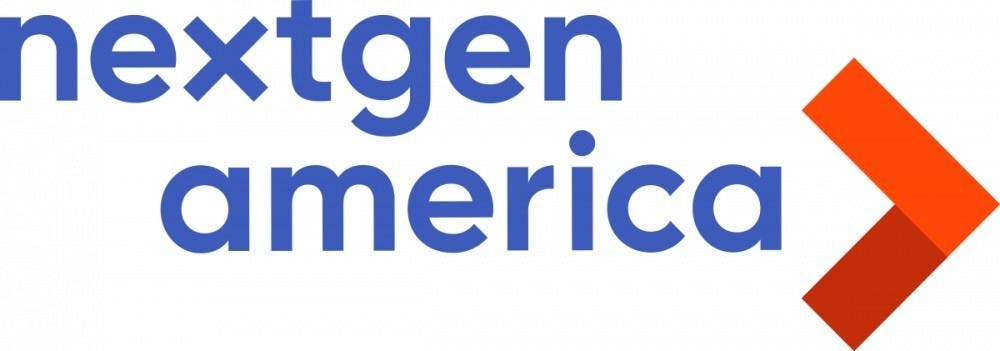Last month, Virginia Tech and Radford University provided the personal information of about 40,000 students to progressive political group NextGen Virginia. The political group requested to obtain cellphone numbers of current students, which is public information, through Freedom of Information Act requests sent to every public college and university in Virginia. NextGen provided these records to Democratic political campaigns across the state, who then used the information to send mass texts to college students inquiring about their voter registration. This recent stunt by NextGen offers our University an opportunity to remind students that their public information is available to anyone who asks and the repercussions of that availability.
NextGen is supporting the statewide Democratic ticket and, specifically, Democratic Governor-elect Ralph Northam. According to The Richmond Times-Dispatch, campaigns across the state have used the information obtained by NextGen to inquire students about their “voter registration status.” However, it is hard to believe that an organization with such a direct access to young voters wouldn’t use this information to advance their own political agenda. This becomes even harder to believe when considering that NextGen partnered with Democrat Chris Hurst in his bid for Virginia’s House of Delegates, whose campaign has received over $20,000 in campaign contributions from NextGen Climate Action — a political action committee associated with NextGen.
The moral implications of a political organization requesting access to students’ personal information for political uses are worrying. Accessing the personal information of students, especially without their knowledge, constitutes a disturbing violation of privacy. Many students in Virginia, unaware of this practice, feel uncomfortable receiving political spam in their messages. Although NextGen has both political reasons and legal means to engage in this type of behavior, actively collecting students’ private information for political gain is unethical and should be expressedly denounced by universities across Virginia — including our own.
The University administration should focus resources towards educating students about the public nature of their personal information. Specifically, the University could provide incoming first-year students with an informational document which clearly outlines how and why their personal information can be provided to anyone who asks. Students should not only be aware of the implications of public access to their personal information, but also of their option to request for their directory information to not be distributed.





